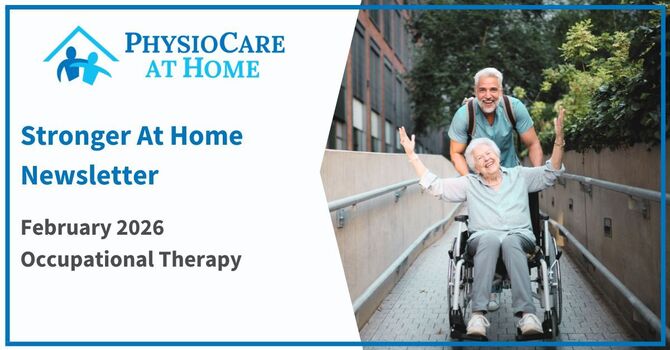Myth 1: There’s no point to exercising. I’m going to get old anyway.
Fact: Exercise and strength training helps you look and feel younger and stay active longer. Regular physical activity lowers your risk for a variety of conditions, including Alzheimer’s and dementia, heart disease, diabetes, certain cancers, high blood pressure, and obesity. Not only can exercise help stem the decline in strength and vitality that comes with age, it even improve it. And the mood benefits of exercise can be just as great as 70 or 80 as they were at 20 or 30.
Myth 2: Older people shouldn’t exercise. They should save their strength and rest.
Fact: Research shows that a sedentary lifestyle is unhealthy for adults over 50. Inactivity often causes older adults to lose the ability to do things on their own and can lead to more hospitalizations, doctor visits, and use of medicines for illnesses.
Myth 3: Exercise puts me at risk of falling down.
Fact: Regular exercise, by building strength and stamina, prevents loss of bone mass and improves balance, actually reducing your risk of falling.
Myth 4: It’s too late. I’m already too old to start exercising.
Fact: You’re never too old to start exercising and improve your health! In fact, adults who take up exercise later in life often show greater physical and mental improvements than their younger counterparts. If you’ve never exercised before, or it’s been a while, you won’t be encumbered by the same sports injuries that many regular exercisers experience in later life. In other words, there aren’t as many miles on your clock so you’ll quickly start reaping the rewards. Just begin with gentle activities and build up from there.
Physical health benefits of exercise and fitness for older adults
- Exercise helps older adults maintain or lose weight. As metabolism naturally slows with age, maintaining a healthy weight is a challenge. Exercise helps increase metabolism and builds muscle mass, helping to burn more calories. When your body reaches a healthy weight, your overall wellness will improve.
- Exercise reduces the impact of illness and chronic disease. Among the many benefits of exercise for adults over 50 include improved immune function, better heart health and blood pressure, better bone density, and better digestive functioning. Peopl who exercise also have a lowered risk of several chronic conditions including Alzheimer’s disease, diabetes, obesity, heart disease, osteoporosis, and certain cancers.
- Exercise enhances mobility, flexibility, and balance in older adults. Exercise improves your strength, flexibility and posture, which in turn will help with balance, coordination, and reducing the risk of falls. Strength training also helps alleviate the symptoms of chronic conditions such as arthritis.
Mental health benefits of exercise and fitness as you age
- Exercise improves your sleep. Poor sleep is not an inevitable consequence of aging and quality sleep is important for your overall health. Exercise often improves sleep, helping you fall asleep more quickly and sleep more deeply.
- Exercise boots mood and self-confidence. Exercise is a huge stress reliever and the endorphin’s produced can actually help reduce feelings of sadness, depression, or anxiety. being active and feeling strong naturally helps you feel more self-confident and sure of yourself.
- Exercise is amazingly good for the brain. Activities like Sudoku or crossword puzzles can help keep your brain active, but little comes close to the beneficial effects of exercise on the brain. Exercise benefits brain functions as diverse as multitasking and creativity and can help prevent memory loss, cognitive decline, and dementia. Exercise may even help slow the progression of brain disorders such as Alzheimer’s disease.
Excerpt from: http://www.helpguide.org/articles/exercies-fitness/exercise-and-fitness-as-you-age.htm
Authors: Lawrence Robinson, Melinda Smith, M. A., and Jeanne Segal, Ph.D. last updated: February 2016.


.jpg)
